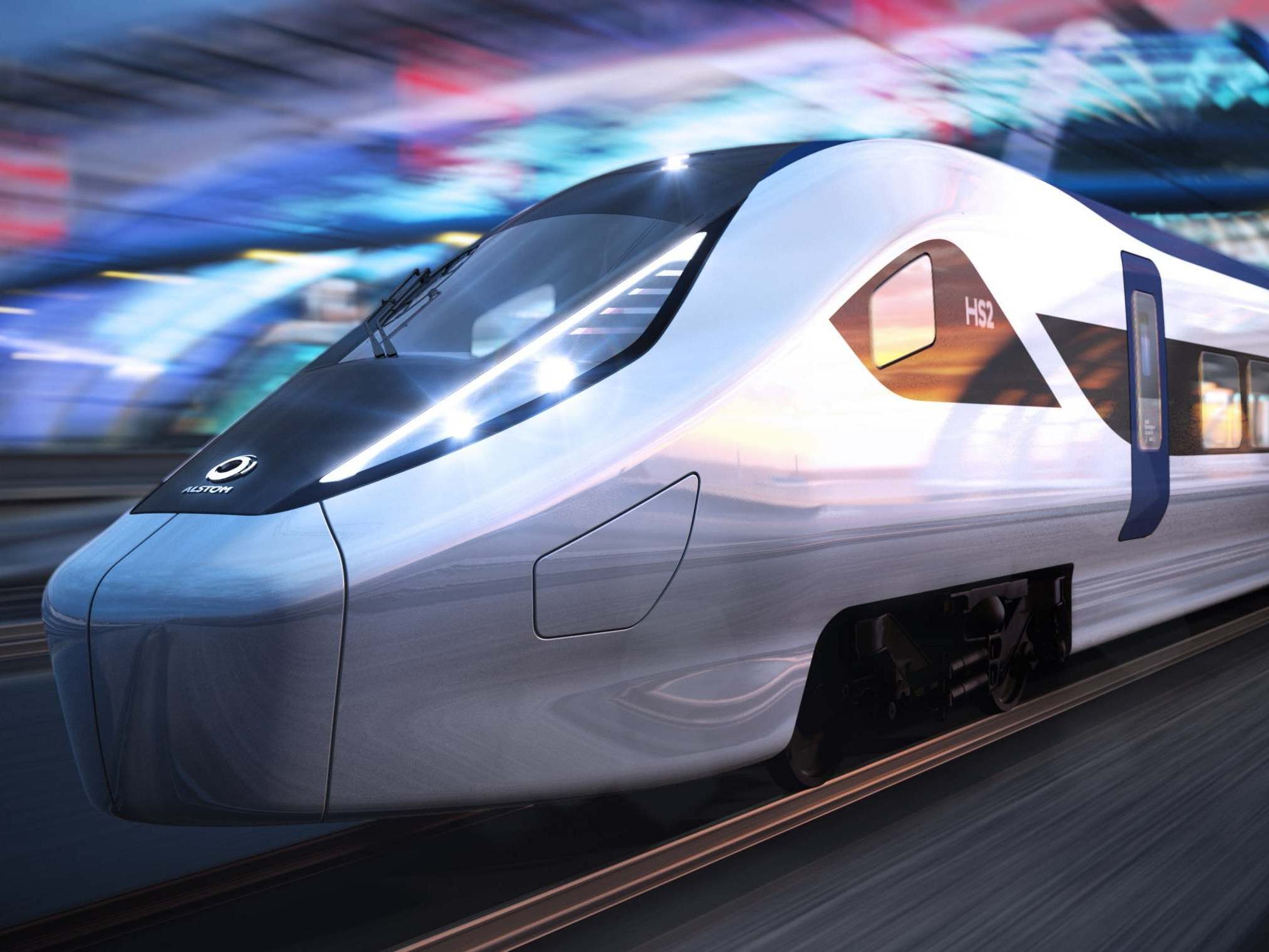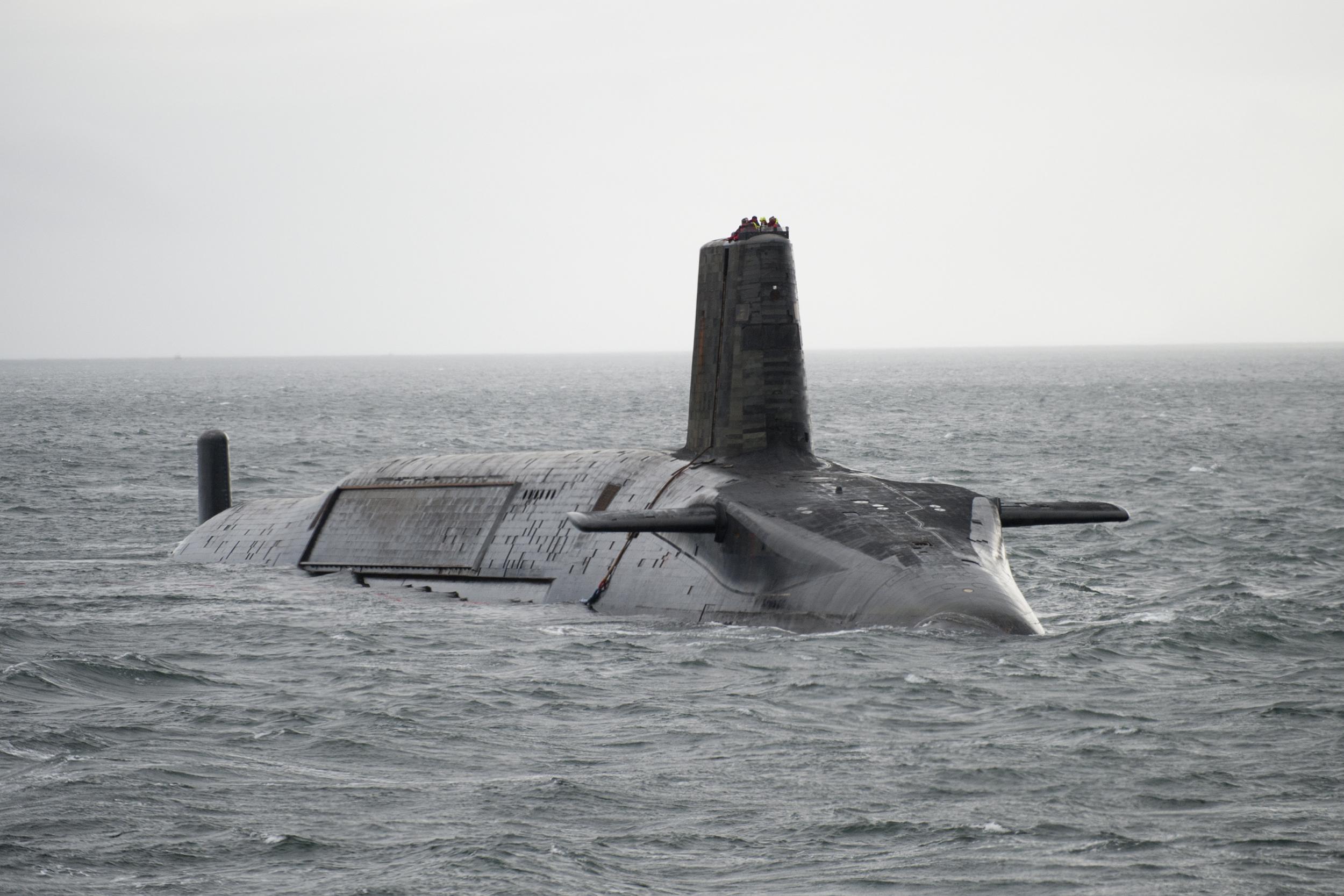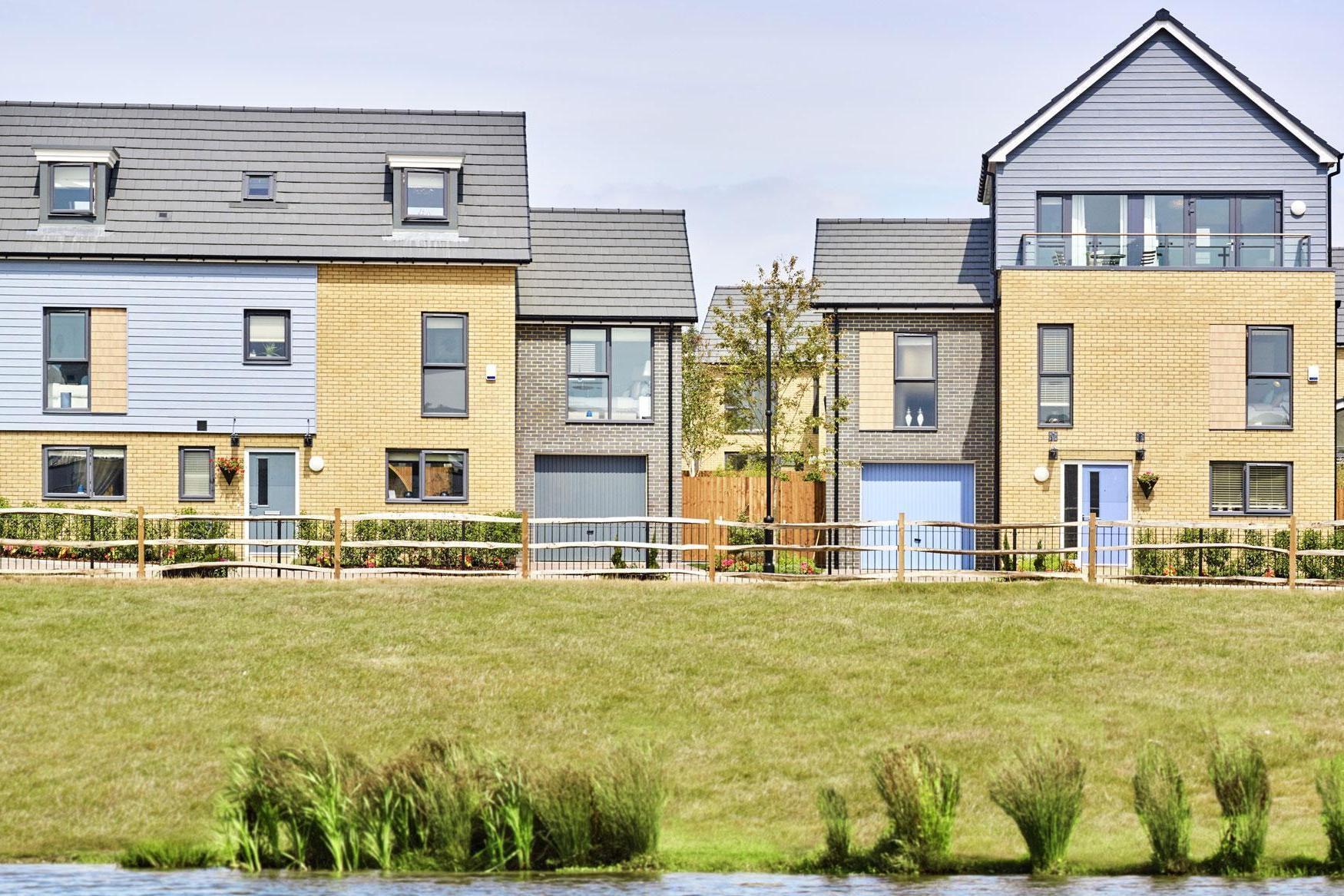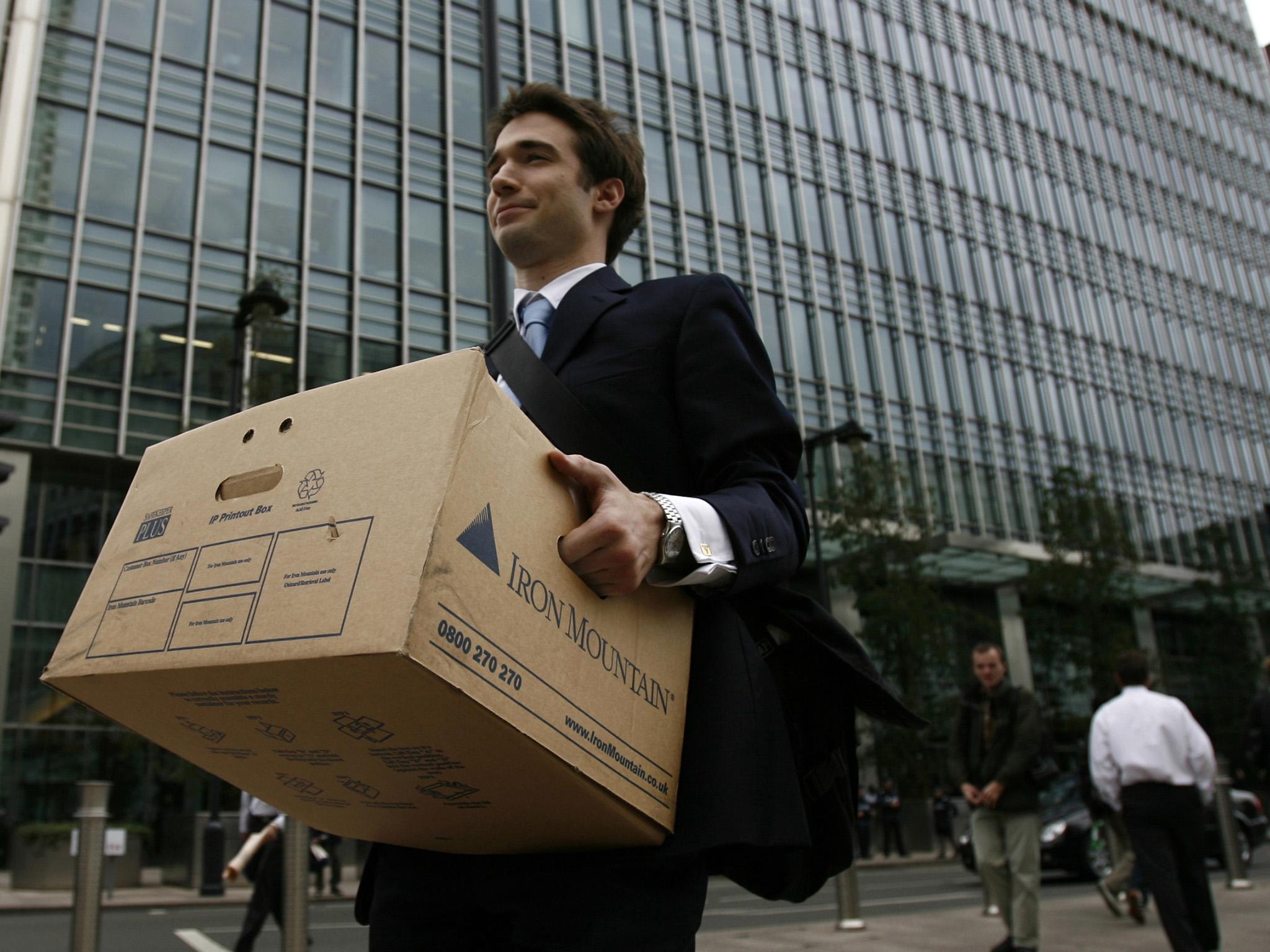Earlier this month the chancellor Rishi Sunak noted that the cost of the government’s jobs furlough scheme – around £14bn for every month – was as much as the monthly expenditure on the National Health Service.
But that’s not the only emergency spending being rolled out. There’s also £15bn of grants for small firms and £10bn of support for the self-employed.
The Office for Budget Responsibility estimates that the impact of all these crisis-related packages will add up to more than £100bn this year.
Download the new Independent Premium app
Sharing the full story, not just the headlines
These are startlingly large sums of money.
But how do they compare with the other things the government spends public money on, from high-speed rail lines to nuclear weapons and affordable housing?
£22bn: Social care for the elderly

The UK government spends around £180bn a year on health – around 9 per cent of GDP.
But spending on adult social care, which is done via local councils, is far less, at just £22bn a year.
While the NHS budget was given some protection amid the decade of public sector austerity that began in 2010, council spending on social care fell by almost a tenth as the government slashed grants to make savings.
The consensus among analysts is that elderly social care is now significantly underfunded, resulting in suffering, unfairness and also major knock-on problems for hospitals.
£88bn: High Speed Two rail line

The government finally decided to push ahead with construction works on a high-speed rail line between London and the north earlier this year. The latest official estimate for the cost of HS2 is around £85bn, making it the most expensive infrastructure project in UK history.
The current bill is also more than double the £40bn estimate of the cost in 2011. And a separate analysis suggests the price tag could ultimately come in at £110bn.
Critics say the line is poor value for money, though advocates say it will be crucial in helping to level up the UK economy.
The latest news on Brexit, politics and beyond direct to your inbox
However, it’s important to note none of these figures are annual costs, but an estimated outlay over two decades of construction work.
£41bn: Trident nuclear weapons

In July 2016 the House of Commons voted to renew the UK’s submarine-based nuclear deterrent system known as Trident.
At that time the cost estimate for public expenditure over the life of the programme, including a £10bn contingency fund, was £41bn.
Like HS2 this will be spending spread over more than a decade. However, there are also annual servicing costs to add of around £2bn a year.
Critics say that the UK’s nuclear deterrent is a poor investment because it is ill-suited for the kind of national security threats we face today such as terrorism and cyber-attacks.
Advocates insist Trident remains vital for underpinning the UK’s national security in an increasingly uncertain geopolitical environment.
£12bn: Affordable housing

In the most recent Budget the chancellor unveiled £12.2bn of grant funding to build affordable homes across England over five years, up from £9bn for the previous five-year programme.
Housing groups welcomed the increase but argue it’s still not clear that this money will go to building new homes for those in most need – and also warn that much more will be needed to fill the huge deficit in affordable housing construction spending over four decades.
Meanwhile the government is set to spend £24bn on housing benefits this year – welfare payment to enable lower-income people to afford high private-sector rents. That bill has doubled since 2000 and is more than the government spends on the police.
£133bn: 2008 bank bailouts

In the 2007-09 financial crisis the government had to bail out UK banks to stop the financial system melting down. The National Audit Office says that at the peak of the crisis the government was forced to pay out £133bn in cash, including taking public stakes in Lloyds and the Royal Bank of Scotland.
It also had to provide various public guarantees of banks’ balance sheets adding up to more than £1 trillion.
Reflecting the benefit to bankers from this bailout, the then governor of the Bank of England, Mervyn King, remarked: “Never in the field of financial endeavour has so much money been owed by so few to so many.”



